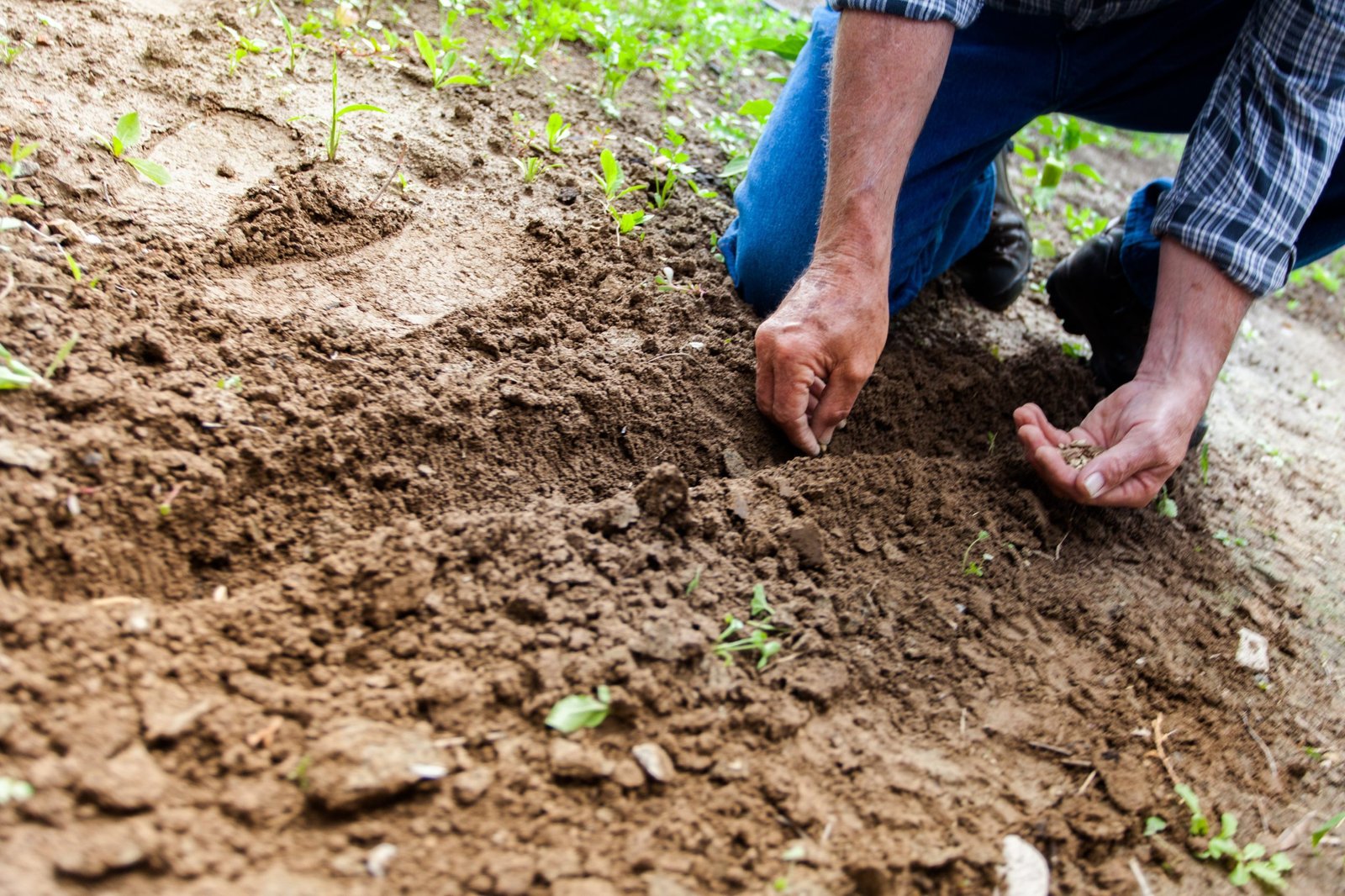When it comes to gardening and agriculture, understanding the concept of soil pH is crucial. Soil pH is a measure of the acidity or alkalinity of the soil, and it plays a significant role in determining whether your plants will thrive or struggle. In this article, we’ll explore the basics of soil pH and how it can impact your gardening and farming efforts.
What is Soil pH?
Soil pH is a numerical scale that ranges from 1 to 14, with 1 being extremely acidic and 14 being extremely alkaline. A pH of 7 is considered neutral. This scale quantifies the concentration of hydrogen ions (H+) in the soil, which affects its acidity or alkalinity.
Acidic Soil (pH < 7):
Soil with a pH value below 7 is considered acidic. This means there is a higher concentration of hydrogen ions in the soil, making it more acidic. Some plants thrive in slightly acidic soil with pH values in the range of 5.5 to 6.5. However, when soil becomes very acidic (pH < 5), it can hinder the growth of most plants.
Alkaline Soil (pH > 7):
On the other end of the spectrum, soil with a pH value above 7 is considered alkaline or basic. These soils have a higher concentration of hydroxide ions (OH-) and are less acidic. Certain plants, such as cacti and succulents, prefer alkaline soil. However, the majority of garden plants perform best in slightly acidic to neutral conditions.
Neutral Soil (pH = 7):
A pH of 7 is neutral, meaning the soil is neither acidic nor alkaline. While some plants can thrive in neutral soil, others may have specific pH preferences.
Lime and Soil pH:
Lime, often in the form of calcium carbonate, plays a significant role in soil pH. Lime is alkaline, so when added to acidic soil, it raises the pH, making the soil more neutral or alkaline. Conversely, if lime is not present, and the soil naturally contains acidic substances, the pH may be lower.
The presence of lime in the soil can lead to a shift in pH, and this is where soil testing kits come into play. These kits allow gardeners and farmers to measure soil pH and determine whether it needs amendments like lime to reach the desired pH level for specific crops or plants.
Why Does Soil pH Matter?
So, why does soil pH matter? Well, it’s all about nutrient availability. Different plants have varying pH preferences, and the pH of the soil can affect the availability of essential nutrients to those plants. For instance, some nutrients, like iron and manganese, are more readily available in acidic soils, while others, like calcium and magnesium, are more abundant in alkaline soils.
Understanding your soil’s pH can help you choose the right plants for your garden and make informed decisions about soil amendments. By adjusting the pH to match your chosen plants’ preferences, you can create the ideal growing conditions and maximize their health and productivity.
In conclusion, soil pH is a fundamental factor that influences plant growth. Whether you’re a seasoned gardener or a beginner, taking the time to test and understand your soil’s pH can make a world of difference in your gardening and farming endeavors. It’s the key to unlocking the full potential of your plants and ensuring a thriving, vibrant garden or farm.

